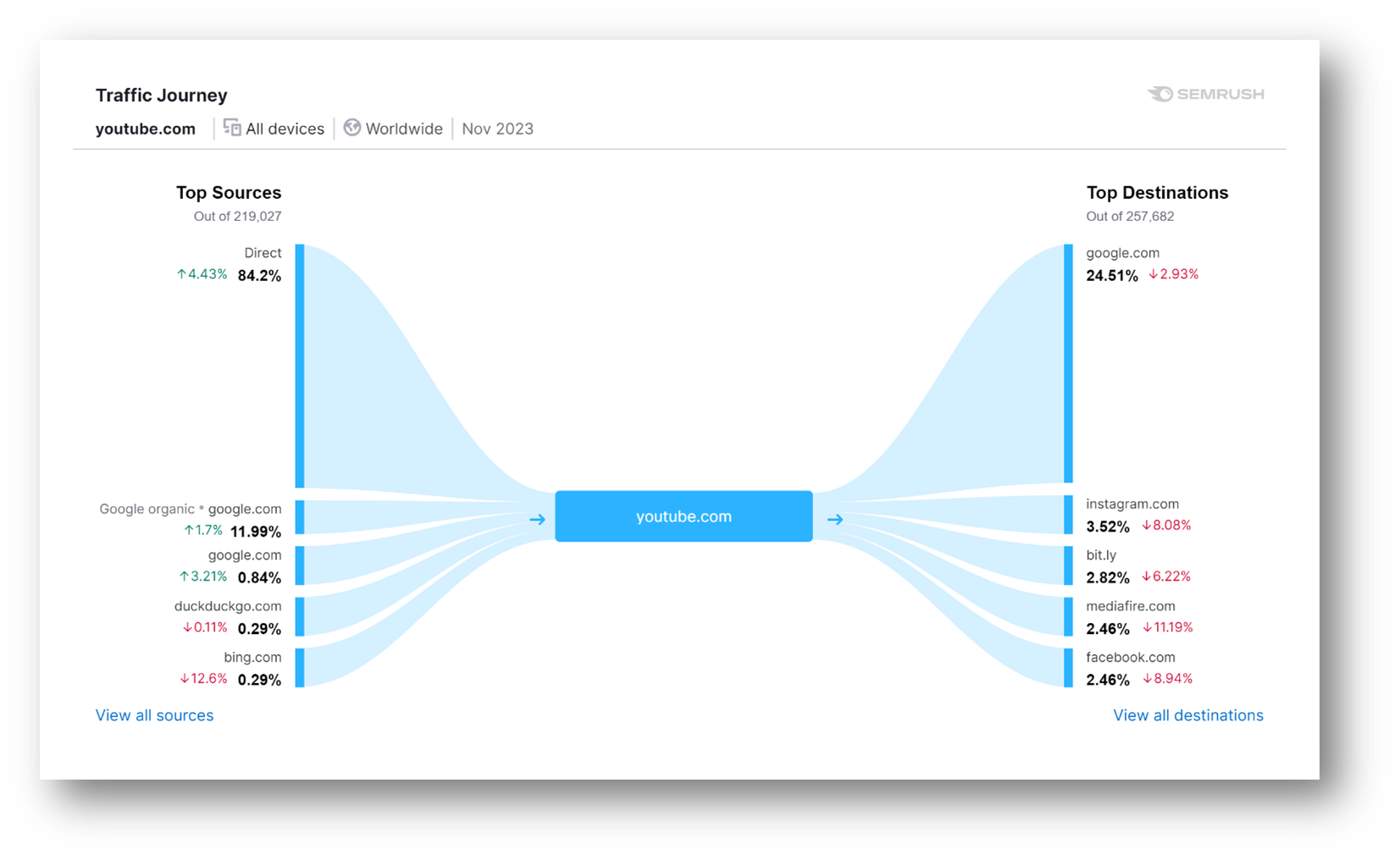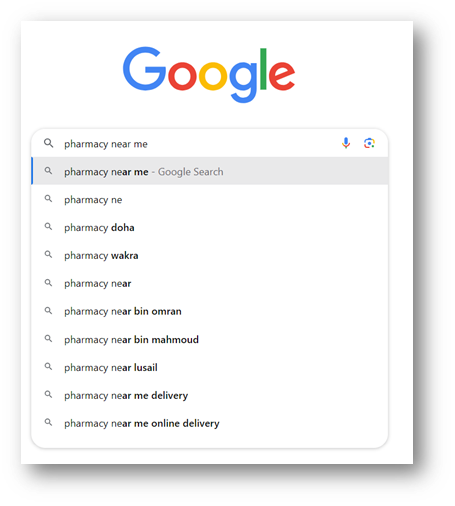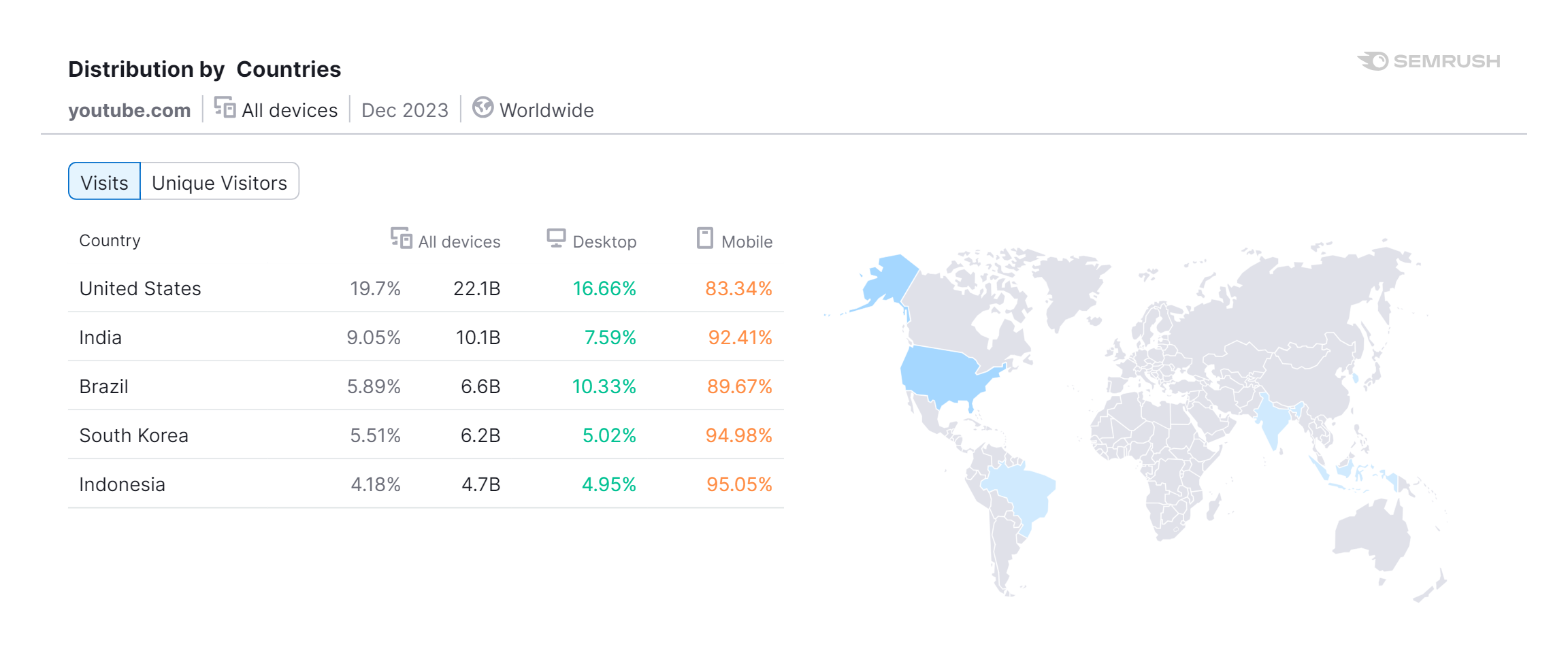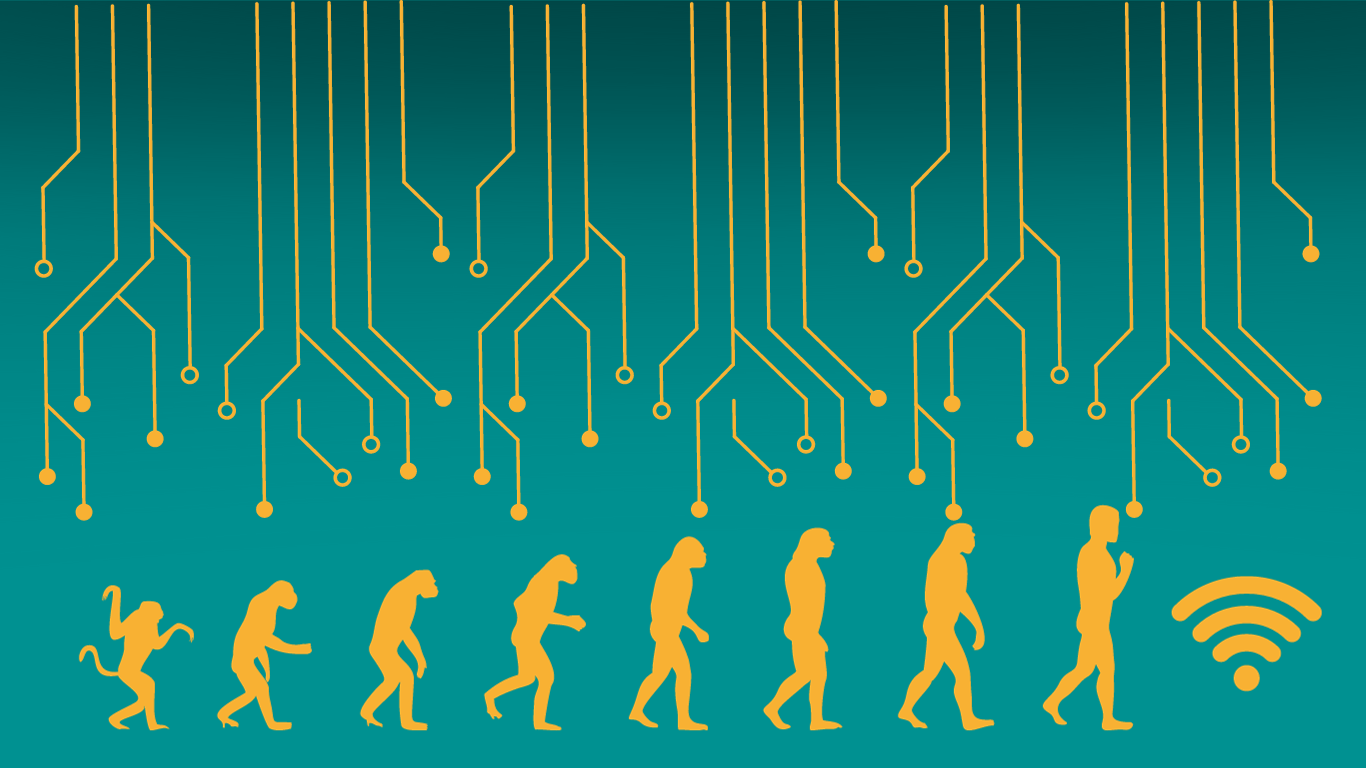- Definition: SEO stands for Search Engine Optimization, focusing on improving website visibility in organic search results
- Goal: The main goal is to attract more traffic to a website by ranking higher in search engine result pages (SERPs).
- Techniques Involved: This includes keyword research, content optimization, link building, and improving website usability.
- Importance: Effective SEO strategies lead to higher web traffic, better user engagement, and increased credibility.

Search Engine Optimization Service in Qatar| How does it help for your business?

SEO: A Catalyst for Business Growth
Increased Visibility and Traffic:
- More visibility in search engine results means more potential clients will see your business.
- Higher visibility often leads to increased traffic, as people are more likely to click on top-ranked search results.
- A higher number of leads and possible sales could arise from this increased traffic..
Cost-Effective Marketing:
- Unlike paid advertising, SEO provides a cost-effective way to reach your audience.
- It focuses on people who are actively looking for your goods or services on the internet.
- Once you rank higher, there’s no cost per click or impression, making it a sustainable long-term strategy.
Building Credibility and Trust:
- People tend to view websites that rank highly in search results as being more reliable.
- Good SEO practices improve the user experience and website quality, further enhancing credibility.
- Consistent high rankings can establish your brand as an authority in your industry.
Better User Experience:
- SEO entails making user- and search engine-friendly changes to your website..
- This includes mobile optimization, faster loading times, and user-friendly navigation.
- A great user experience keeps visitors on your site longer, reducing bounce rates and increasing the likelihood of conversion.
Insight into Customer Behavior:
- SEO tools and analytics provide valuable data on customer behavior, preferences, and search patterns.
- Understanding these insights can help tailor your products, services, and content to meet customer needs.
- This data also assists in making informed decisions for other marketing strategies.
SEO vs Paid Advertising: Understanding the Difference
Nature of Traffic: Organic vs Paid
- SEO focuses on increasing organic traffic through natural search engine rankings.
- Paid Advertising involves paying for traffic, typically through pay-per-click (PPC) ads on platforms like Google Ads or social media.

- SEO is cost-effective in the long run. It doesn’t require direct payment for traffic but does need investment in content creation, optimization, and strategy.
- Paid Advertising involves ongoing costs. Each click or impression costs money, but the results are typically immediate.
- SEO is a long-term strategy. It takes time to build rankings and see significant traffic from organic search.
- Paid Advertising offers immediate visibility. Once a campaign is launched, ads start appearing, and traffic can increase quickly.
- Traffic from SEO tends to be more sustainable as it doesn’t stop immediately if spending is paused.
- Traffic from Paid Advertising ceases as soon as you stop paying for ads.
- SEO targets users based on the keywords they search for, aligning with user intent.
- Paid Advertising allows for more granular targeting, including demographics, interests, behaviors, and specific keywords.
- SEO can increase credibility, as users often trust organic search results more than ads.
- Paid ads might be perceived as less trustworthy or overlooked by users focusing on organic results.
- Both SEO and Paid Advertising offer robust analytics and data. However, SEO data can be less straightforward and takes longer to interpret.
- Paid Advertising provides immediate data on ad performance, click-through rates, and conversion metrics.

The Evolution of SEO: A Journey Through Digital Marketing History
The history of Search Engine Optimization (SEO) is a fascinating journey through the evolution of the internet and digital marketing. Let’s explore the key milestones that have shaped SEO into what it is today.
The Early Days (Mid-1990s): Birth of SEO
- The advent of the first search engines like AltaVista and Yahoo in the mid-1990s marked the beginning of SEO.
- Early SEO was basic, involving keyword stuffing and ensuring a website was indexed by these search engines.
Google’s Entry (1998): A Game Changer
- Google’s launch in 1998 revolutionized the search engine landscape.
- It introduced sophisticated algorithms, placing value on backlinks as an indicator of website quality and relevance.
2000s: Rise of SEO as a Discipline
- As search engines became more popular, SEO grew into a distinct discipline.
- Google’s updates like Florida (2003) started targeting and penalizing over-optimization and deceptive practices.
Mid-2000s: The Content Focus
- Content quality became increasingly important.
- Google’s updates began penalizing keyword stuffing and rewarding relevant, valuable content.
2010s: The Era of Regular Updates
- Google’s Panda (2011) and Penguin (2012) updates were significant, focusing on content quality and link quality, respectively.
- These updates penalized low-quality content and unnatural link profiles.
2020s: The Age of E-A-T and User Experience
- Google’s focus on Expertise, Authoritativeness, and Trustworthiness (E-A-T) became vital for ranking.
- Core Web Vitals update (2021) emphasized user experience factors like loading speed, interactivity, and visual stability.
The future of SEO is poised to be as dynamic and exciting as its past. With rapid technological advancements and changing user behaviors, here are some key trends and predictions that are likely to shape the future of SEO:
AI and Machine Learning:
- Artificial Intelligence (AI) and machine learning will increasingly influence how search engines rank content.
- Google’s AI algorithm, Rank Brain, and other AI technologies will continue to refine search results based on user intent and experience.

Voice Search Optimization:
- With the growing popularity of voice assistants like Alexa, Siri, and Google Assistant, voice search optimization will become more crucial.
- This will involve optimizing for natural language queries and focusing on local search as many voice searches are location-based.
Mobile-First Indexing:
- Mobile-first indexing will dominate, with Google prioritizing mobile versions of websites for indexing and ranking.
- Ensuring websites are mobile-friendly, with fast loading times and responsive design, will be critical.
Video Content and SEO:
- Video content will continue to surge in popularity. Optimizing video content for search engines will be a key aspect of SEO strategies.
- Platforms like YouTube, which is also a search engine, will play a significant role in SEO.
User Experience (UX) as a Ranking Factor:
- Google’s focus on user experience, as evidenced by the Core Web Vitals update, is set to intensify.
- Websites will need to ensure excellent user experience, including fast loading times, ease of use, and engaging content.
SERP Layout and Functionality Changes:
- Search Engine Results Pages (SERPs) will evolve, with more features like featured snippets, knowledge graphs, and interactive media.
- Adapting content to fit these formats will be essential for visibility.
Content Quality and E-A-T:
- Google’s emphasis on Expertise, Authoritativeness, and Trustworthiness (E-A-T) will continue to influence content ranking.
- High-quality, authoritative content that serves user intent will remain king.
Integration with Other Digital Marketing Strategies:
- SEO will become more integrated with other digital marketing channels, including social media, content marketing, and email marketing.
- A holistic approach to online marketing will be necessary to enhance visibility and user engagement.
Sustainability and Ethical SEO:
- As awareness about digital sustainability grows, there will be a focus on sustainable and ethical SEO practices.
- This includes avoiding wasteful digital practices and focusing on long-term, quality-driven strategies.
Local SEO and Personalization:
- Local SEO will continue to be important, especially for small businesses.
- Search engines will increasingly personalize results based on user location, search history, and preferences.
In Summary, the future of SEO will be characterized by advanced technology like AI and voice search, a continued focus on mobile and user experience, and the integration of SEO into broader digital marketing efforts. Staying informed and adaptable will be key to navigating these changes and leveraging them for online success. As the digital landscape evolves, so too will the strategies and practices of SEO, making it an exciting and essential field for businesses and marketers alike.
